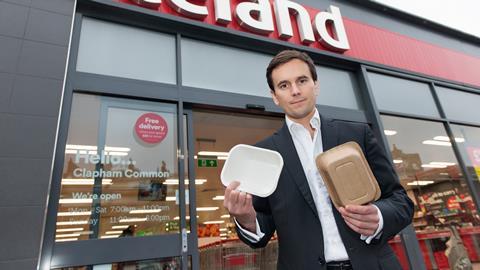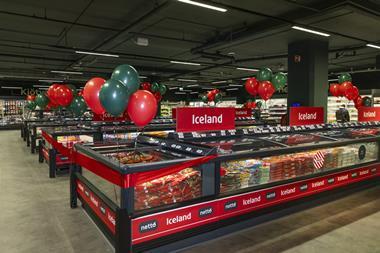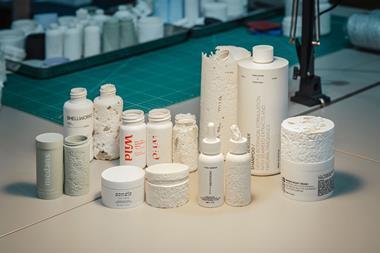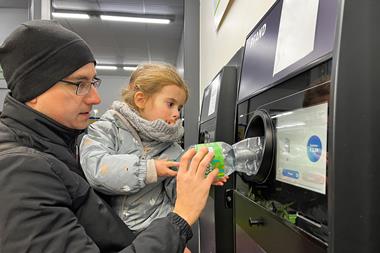There is no shame in saying you are determined to achieve something, then later holding up your hands up and saying you may not manage it after all, despite your best efforts. None whatsoever.
In fact, anyone who has never done something along those lines probably hasn’t aimed high enough.
So Iceland has done the right thing by saying it may not manage to eliminate plastic packaging from own label ranges by the end of 2023 – the date it committed to in 2018 – though it still very much intends to do so eventually.
The revelation from Iceland MD Richard Walker was a bombshell at the end of a press release about a new initiative to offset Iceland’s plastic use by collecting and recycling environmental waste plastic.
“Whilst we may not achieve our target by the end of 2023, due to setbacks caused by the pandemic and lack of commercially viable innovation, we remain focused on our target and will not stop until we have delivered what we set out to,” Walker said.
In his book, The Green Grocer, Walker acknowledges the supermarket made a mistake in the handling of its 2019 deadline for removing palm oil from own label products. The mistake was not communicating sooner that 17 lines could not be reformulated in time and instead were temporarily moved out of Iceland packaging to give suppliers some breathing space.
Instead, the packaging change was communicated by the press and as an upshot “our triumphant palm oil story was being tarnished with a controversial epilogue”.
So this time, it has been completely transparent and pre-empted any criticism.
It’s still a triumph. Whether the 2023 plastic target is met or not, in setting and championing it, Iceland and Richard Walker have raised awareness of the extent and harm of plastic waste. They have put pressure on other supermarkets to work faster. What major supermarket doesn’t have a new and frequently touted plastic reduction target?
Supermarkets have in turn put pressure on their suppliers, in a ripple effect that has reached packaging producers and accelerated progress across the entire industry.
Iceland has also played a part in putting plastic waste firmly on the public agenda, which means more pressure on policymakers.
The retailer has not infrequently pointed out the wider positive momentum generated by its 2018 commitment. It can and should do so. Acknowledging the mountain may simply be too high to scale – at least within the timeframe – doesn’t tarnish the achievement. After all, it was prepared to brave the mountain first.




















No comments yet